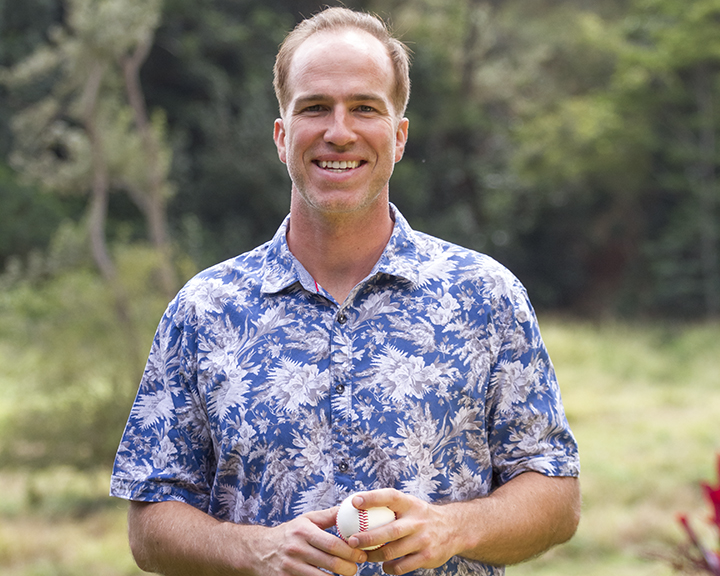By Joan Levy
 It is hard to say “no” when we feel guilty, angry or afraid. So we automatically put up a defensive barrier closing our hearts, keeping our love inside. Our beloved feels uncared for or unloved.
It is hard to say “no” when we feel guilty, angry or afraid. So we automatically put up a defensive barrier closing our hearts, keeping our love inside. Our beloved feels uncared for or unloved.
We are biologically wired to defend ourselves when we perceive danger, but our perception is often mistaken. Example: You’re terrified of snakes, you walk across your yard at night, step on a garden hose but think it’s a snake and suddenly die of a heart attack. Our psychological perceptions can be just as mistaken but seem just as true!
We are stuck in a win/lose mentality, where no one ever really wins.
We wrongfully think what is happening causes our feelings and justifies our actions. It is rather the meaning we add – through the conditioned lens of our perception – which usually determines our feelings.
That lens was created out of our early childhood experience distorted by what we figured out and were told about ourselves, others and the world we live.
The what is (actual reality) + My added meaning (the lens I see through) = My feeling → My action or non-action.
For example: Let’s say you are afraid to say “no” to your partner because conflict will ensue.
The what is: Your partner asks you to do something you really don’t want to do.
The added meaning: If I’m honest someone will get hurt or we’ll fight and connection will be lost.
The feeling: Fear.
Action: Avoidance of honesty. You say you will do it, but then don’t do it because you were never onboard in the first place.
Meanwhile, your partner feels hurt or angry or disappointed because she adds the meaning to your inaction that you don’t care about her or she can’t count on you for anything.
Now you are fighting because you are accusing the other of something they don’t even know is on the table. Or understand how it ever got there.
Here are some solution-based questions to ask yourselves:
How can I keep my heart open remembering this is a person who loves me and whom I love, even when we disagree? Do I really need to be afraid just because there is a difference?
Am I interested in what is actually true or what I think and feel is true based on the lens I happen to be looking through? Take out the distorted lens and watch how your feelings and actions change for the better!
Ask questions of the other instead of jumping on the bandwagon of your assumptions. Try listening to their answers!
What if I tried to understand first, rather than be understood.
Would I rather be right or happy?
Where is the win/win here?
- Joan Levy is a psycho-spiritual therapist at BodyMind & Breath Center, and can be reached at joan@joanlevy.com or at 822-5488.
Discover more from ForKauaiOnline
Subscribe to get the latest posts sent to your email.





Leave a Reply